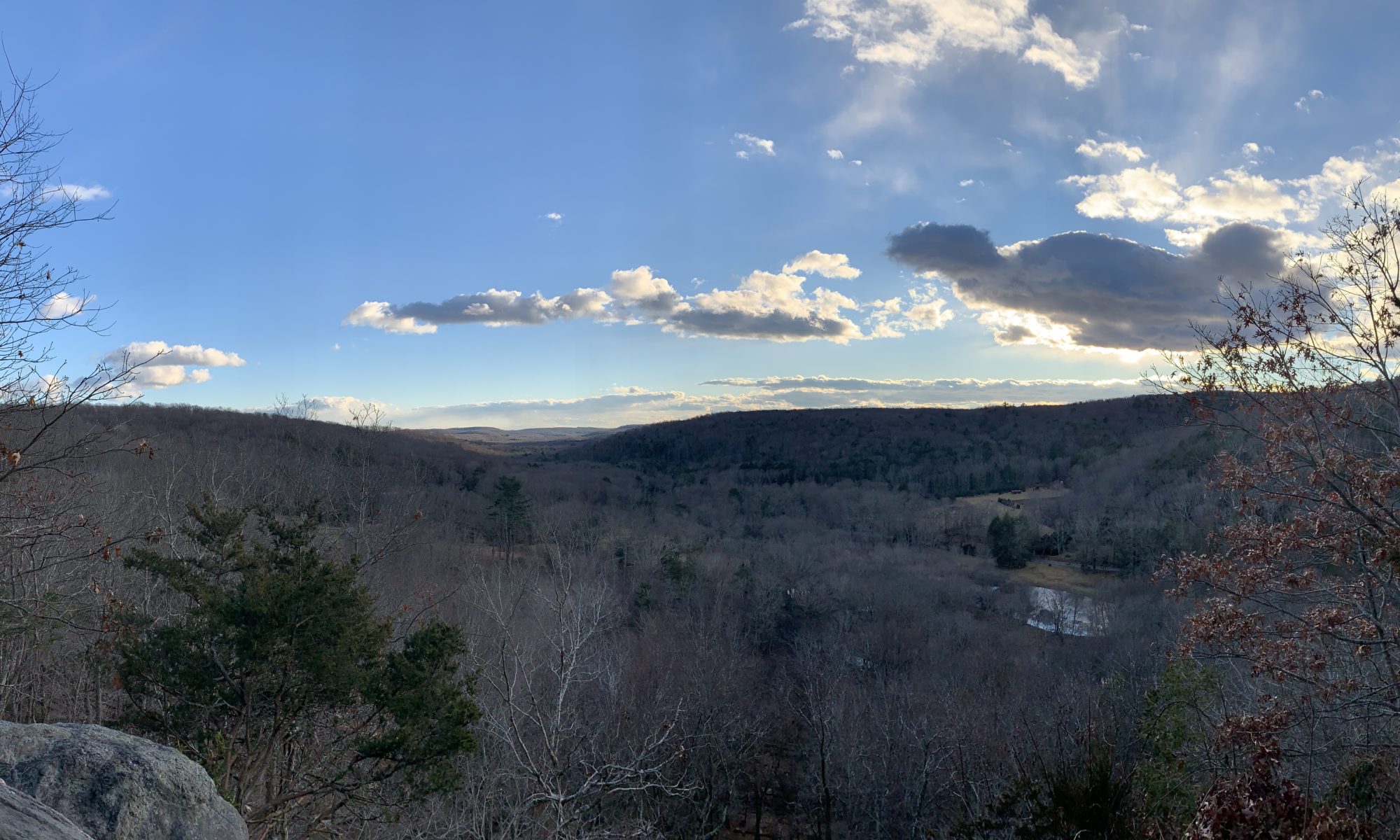If you know me well, you would know I am a big fan of the writing of Malcolm Gladwell. He just has a knack for writing about topics that endlessly fascinate me, even if I never thought about many of them ever before. Today I was sitting contentedly at Five Guys snarfing down some cheeseburger deliciousness and reading Gladwell’s latest book, What the Dog Saw: And Other Adventures. This differs from his other books in that it is a collection of his writings for the New Yorker.
There is a particularly good chapter that is about how we advance in technological imaging (from GPS-guided bombs to MRI/mammography machines), but these advances do not always equate into clearer understanding. It’s the notion that just because you have a better way of taking pictures does not fully correlate into better understanding what is in those pictures.
The example in question that struck me today was about radiologists who are trying to find malignant tumors as part of mammograms. We are continuously developing better imaging technology that shows more on the scans… but this does not necessarily mean the radiologists are simply able to better find the cancer. This is most notable in cases of DCIS (ductal carcinoma in situ) which is extremely tricky to pick up on a scan. The line that struck me was as follows:
Would taking a better picture solve the problem? Not really, because the problem is that we don’t know for sure what we’re seeing, and as pictures have become better we have put ourselves in a position where we see more and more things that we don’t know how to interpret.
That last line is the one that stopped me mid-bite of my burger… umm, which if you know me, you know is a big deal. I love me some cheeseburger, people. Love it. That’s an incredibly profound observation – we have put ourselves in a position where we see more and more things we don’t know how to interpret.
Isn’t that where we are finding ourselves more and more these days generally? It’s not just the highly-skilled radiologists who face more and more data they can do less and less with. Our modern world and the “Information Age” puts massive amount of information at our fingertips, but even the mighty Google cannot always come to the rescue to give us only what we need when we need it. Or maybe Google can find us data we need, but even that is so voluminous that it’s difficult to make something meaningful out of it.
What I wonder if this – Have we reached a point in society where the rate of data/information collection is increasing at a rate beyond what we can make use of? Personally, it feels that way to me. I think this is less about some kind of limitations of the human mind to sort complex data as much as having the time or tools to whittle down the increasing mountains of information at our disposal. Admittedly, I have a very high opinion on the potential of the human brain, so I am naturally going to lean towards believing the mind can handle a ton, but there does need to be something manageable from which to work.
So what’s the takeaway from all of this? I think simply that it’s dangerous to put too much faith in the arrogance of more information. Without step-change increases in how to work through that information, all you are doing is burying yourself in heaps of confusion. It’s an important lesson for all of us in Corporate America for sure where data is king and decisions are rarely (if ever) made on “gut feel”. We must stay vigilant to avoid the cockiness or, dare I even say, hubris that can come from thinking that we know everything because we have more to sift through.
The other takeaway? Good cheeseburgers combined with good books sometimes equals a (hopefully) good piece of blogging… but I leave that up to you.




